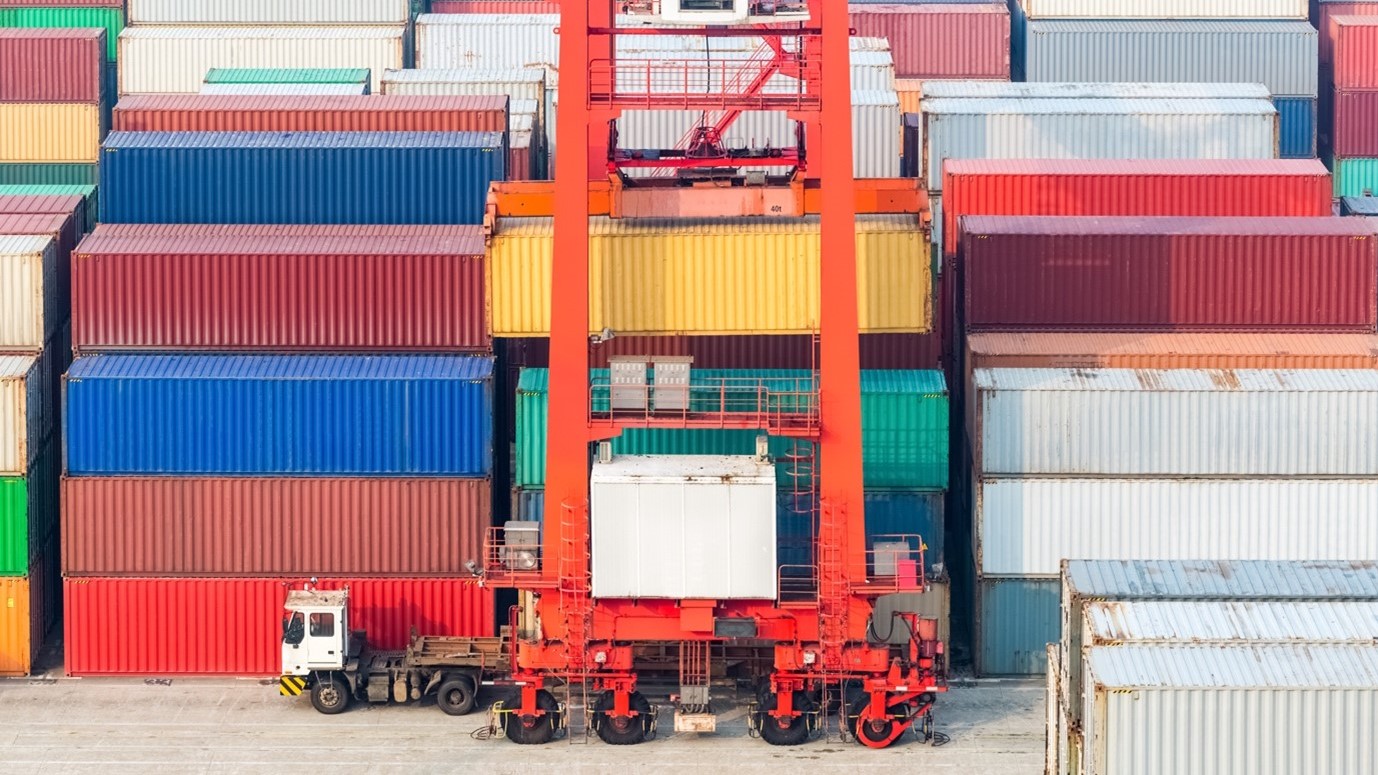Instead of ringing in the new year on a positive note, the 01st of January marked the end of an era for the freight forwarding industry. A booking freeze imposed by Maersk and Hamburg Süd is set to in adversely affect forwarders across the globe.
Following the protocol of its Danish parent company, Hamburg Süd has decided to change course in the new year. The container shipping company has officially informed freight forwards, through local shipping offices, that starting from January 01st, 2022 they will only accept cargo directly from shippers. In turn, Hamburg Süd will be offering shippers additional logistic services next to container transport, making freight forwarders redundant, in this context at least.
Rumours have been circulating for a while, so even though not unexpected, the news is still a rather bitter pill to swallow for the freight forwarding industry. Forwarders justly fear that because of these new tariff structures, shipping companies will become active in what forwarders consider their area of expertise, and that they themselves will be compelled to adjust pricing to compete with the new rates.
This unprecedented decision could lead to the disruption of the entire industry. Until this day, forwarders competed against each other and other shipping agents by providing the best possible services, expertise, and rates to their clients. With this new directive, shipowners are set to exclude other parties, in terms of freight forwarding, which is a first in the history of shipping.
This decision could be the penultimate blow in an already afflicted relationship between the freight forwarding industry and the container shipping lines. So, without doubt, the new directive is met with frustration and animosity from forwarders, who deem their business to be under threat.
These new rules indicate that forwarders can no longer book containers with Hamburg Süd directly. Instead, Maersk will offer shippers six types of standard contracts, as part of their new offering. According to Hamburg-Süd, freight forwarders can still use Maersk’s booking tool ‘Spot’ to book cargo on the German carrier’s container ships, but the German container shipping company’s portal ‘Instant’ will be out of bounds.
Consequences
Belgian Freight forwarders association FORWARD warns that this decision will further increase the pressure on the global shipping industry and will have far-reaching economic and social consequences.
The decision to, in effect, side-line freight forwards will also impact SMEs, who will need to negotiate contracts with the shipping company directly. It’s often forgotten that forwarders do much more than just book containers. Along with the actual carriage, a forwarding agent takes care of administrative formalities, such as customs clearance. They also apply for licences and negotiate prices. And in addition, they arrange for cargo to be booked through the shipping companies. For example, they organise road haulage and warehousing of goods. Hamburg Süd will now need to deal with all these smaller cargo packages itself.
Increasing pressure
As a result of COVID-19, the disparity between supply and demand is increasing, and the international trade and supply chain is under extreme pressure. The rates for container transport have risen by more than 800% since the start of the pandemic. On the other hand, services provided by shipping companies have seen reductions. This confluence of circumstances has contributed to delivery delays, with only 30% of vessels arriving on schedule. According to FORWARD, the problems are expounded by continuing capacity shortages, which in turn, have had the effect of causing product prices to increase dramatically.
Constructing an oligopoly
Hamburg Süd is resorting to these practices in an attempt to stymie competition and thus gain as much market share as possible. By imposing these measures Maersk and Hamburg Süd, are effectively constructing an oligopoly or cartel. By immobilising forwarders, they are trying to block the competition, and are in fact, rigging the market.
FORWARD has since launched an investigation into whether Hamburg Süd’s move is legally permissible. The European Shippers’ Association CLECAT is also investigating whether the manner in which Maersk is tiptoeing into the freight forwarding business is any breach of European competition law.







